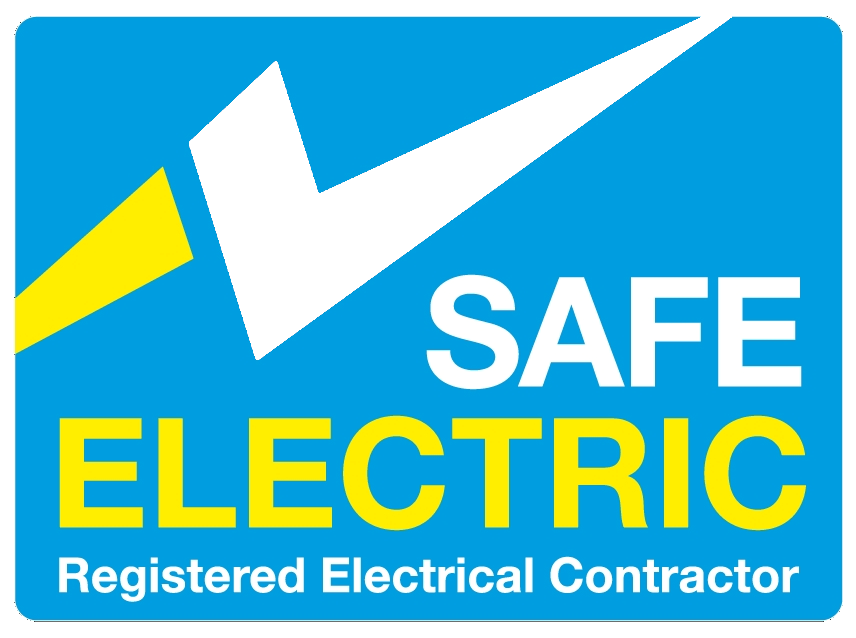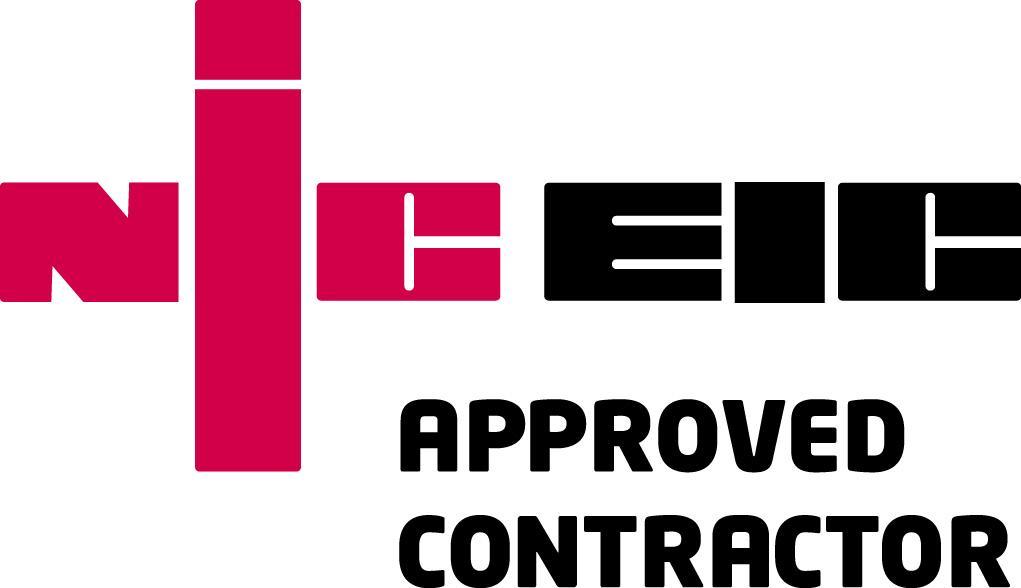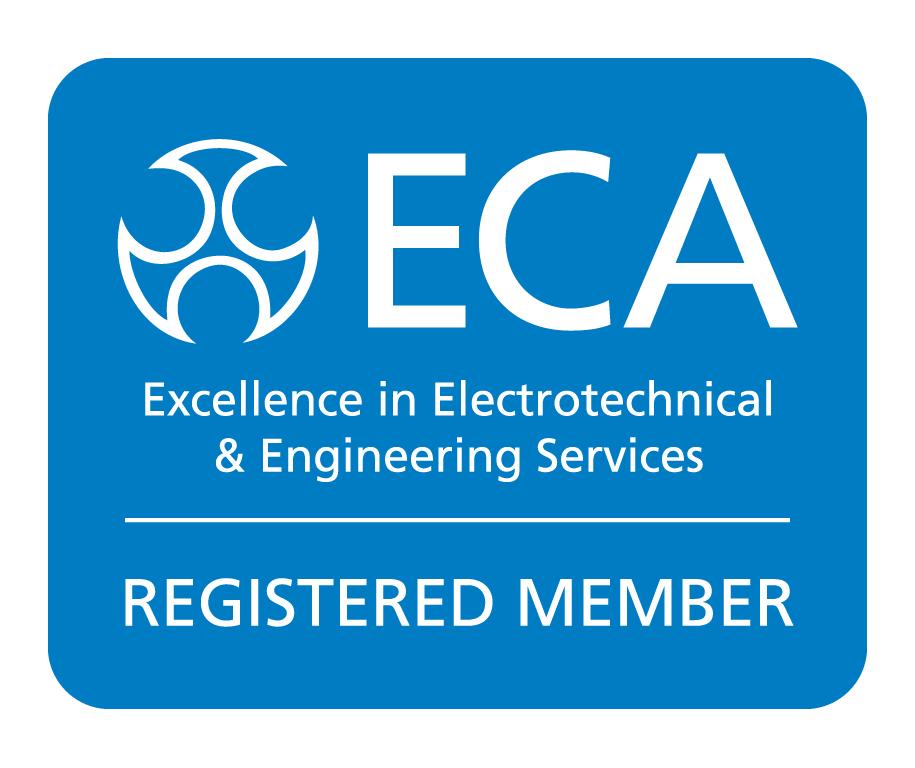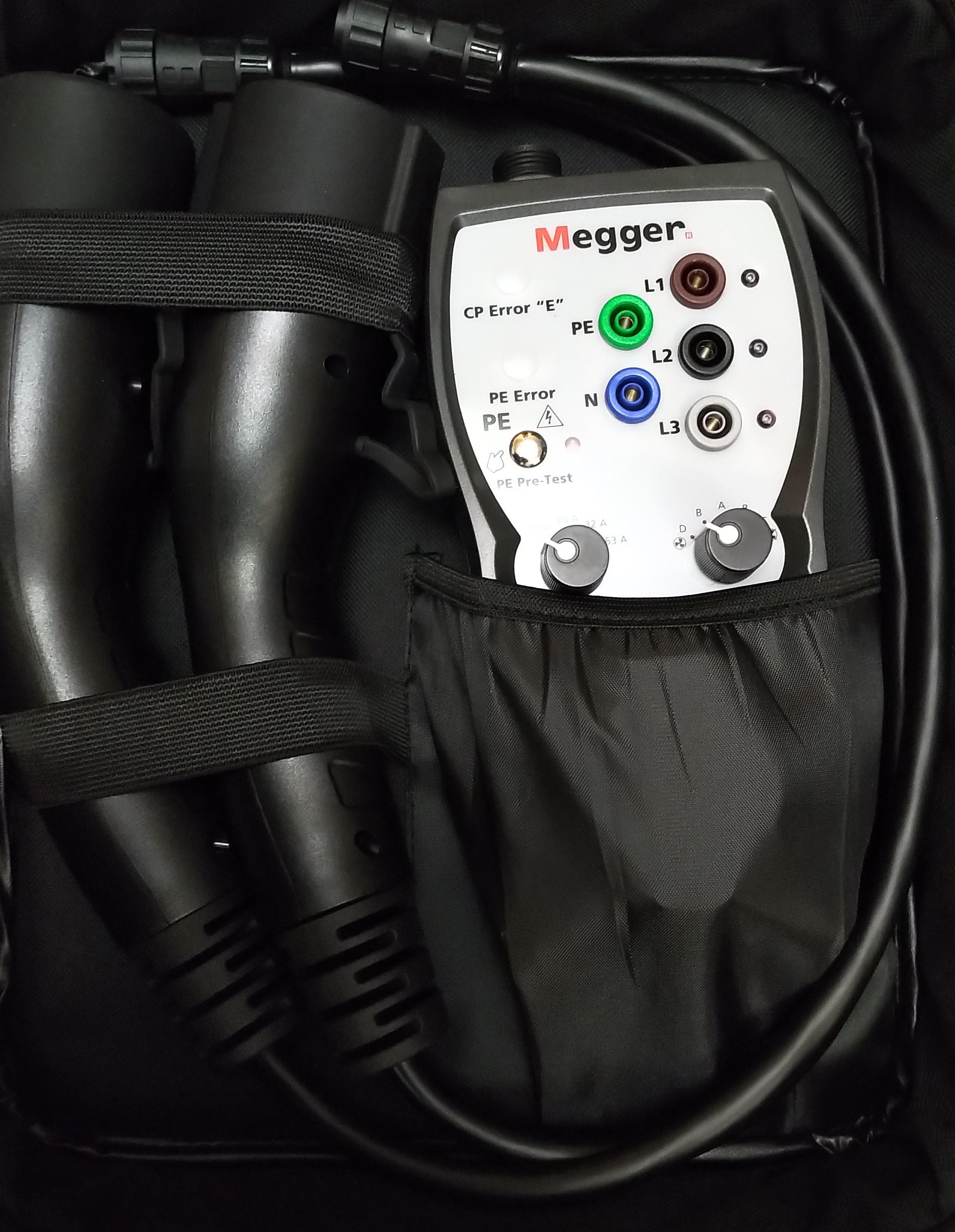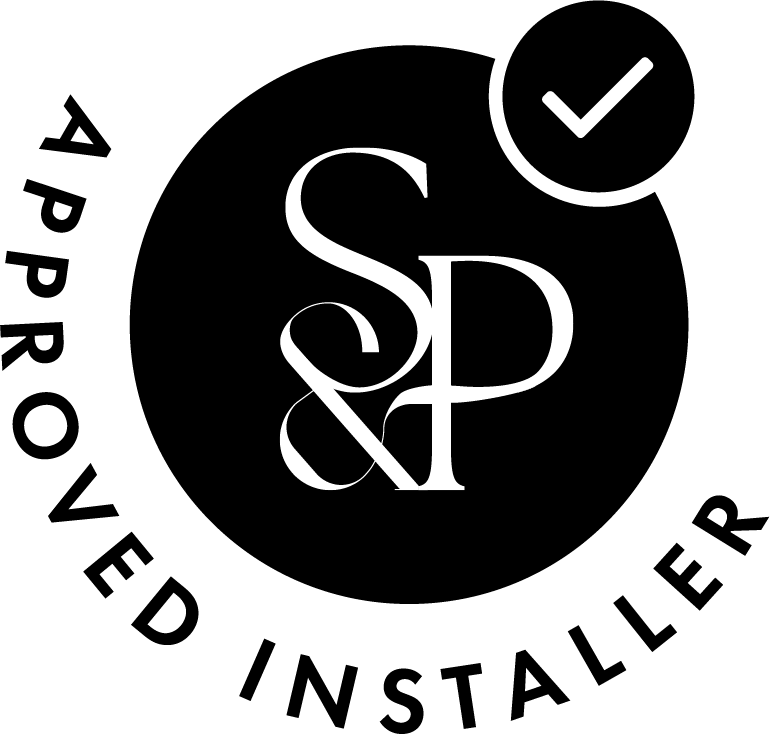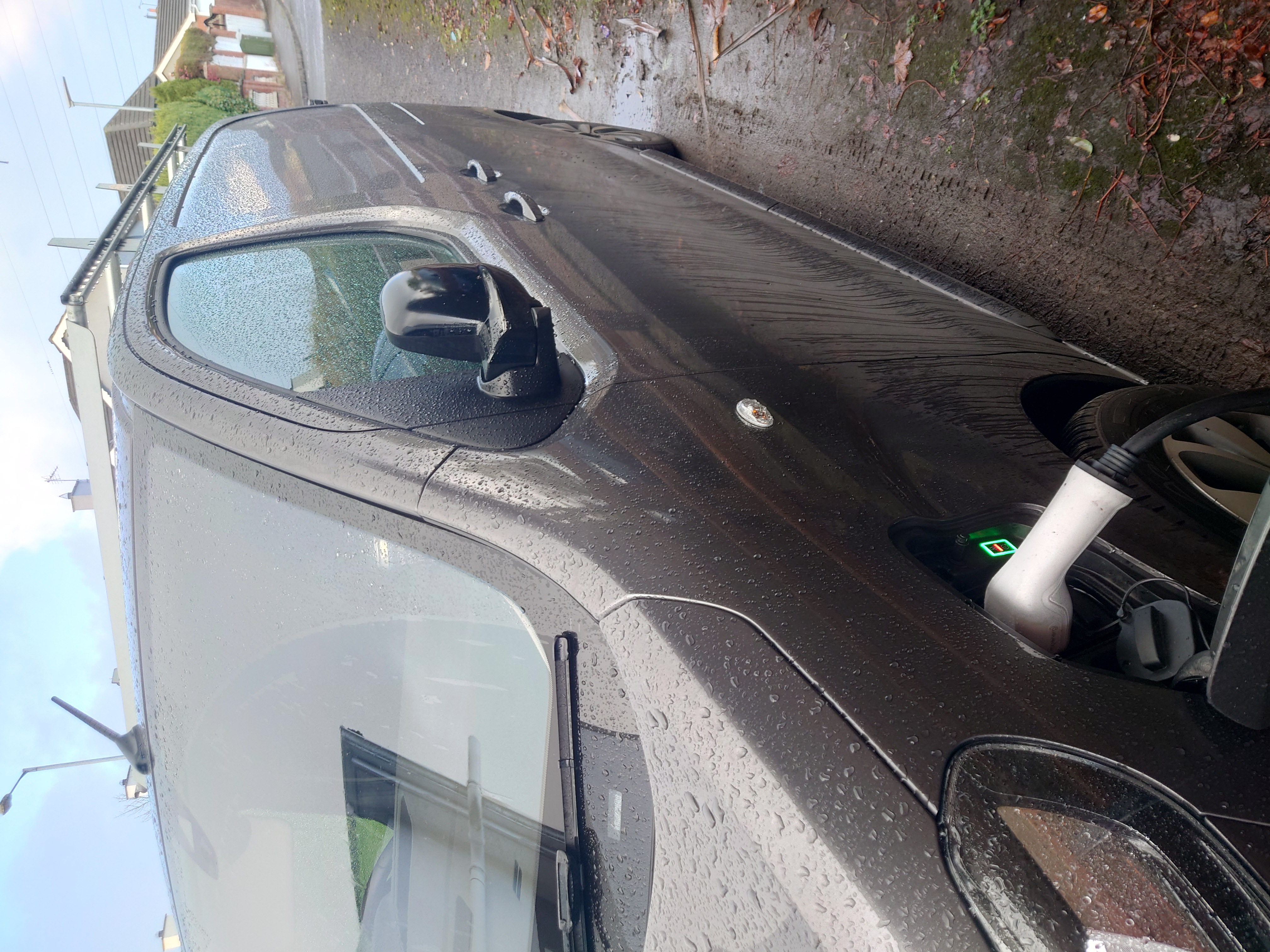 Electric Vehicle Charging Installations
Electric Vehicle Charging Installations
(Supplies for Electric Vehicles)
I.S. 10101 & BS 7671 EVSE Installations
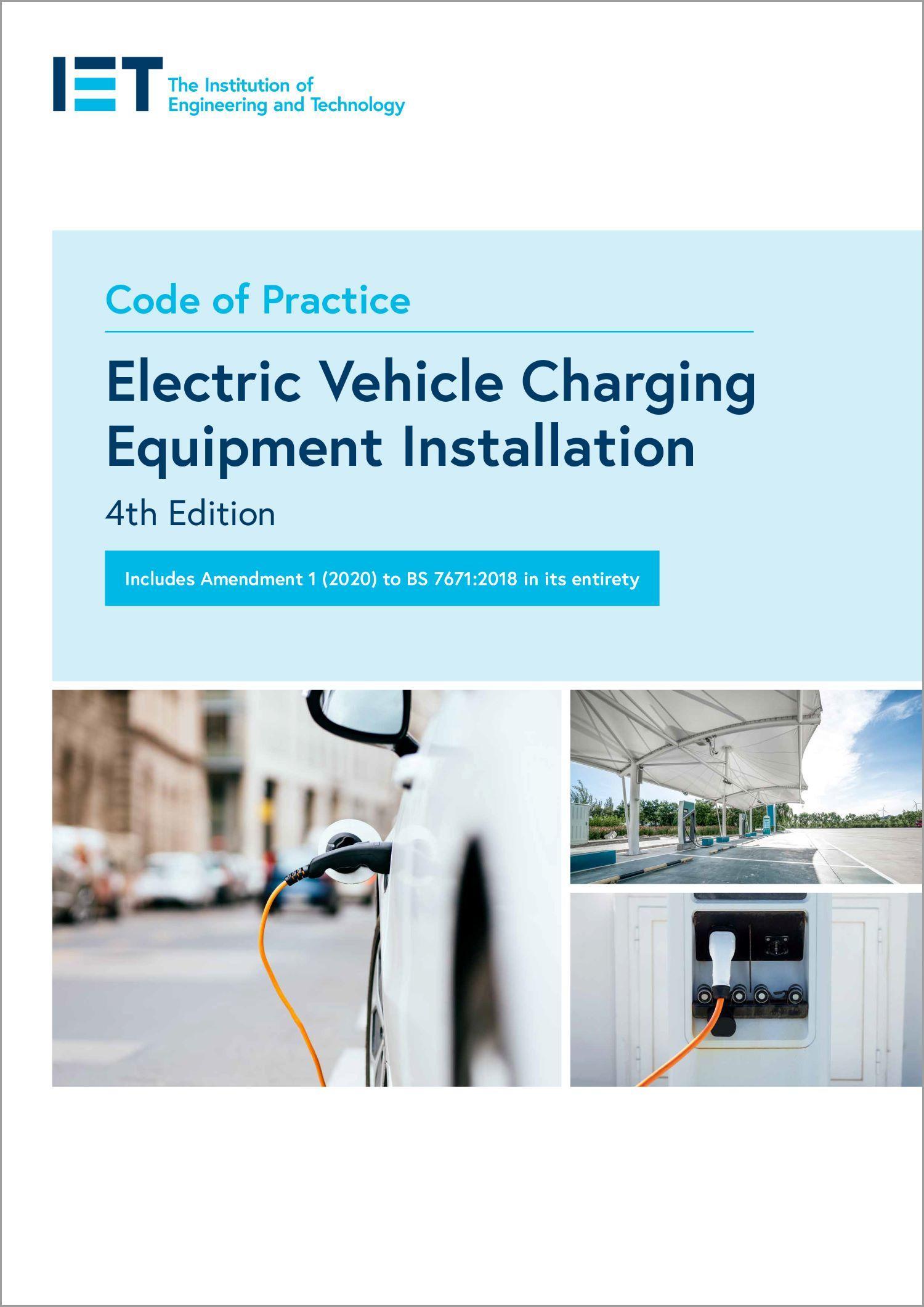 Walsh Electrical Services supply and install Electric Vehicle Supply Equipment (EVSE), i.e. electric vehicle charging points and related aspects of the electrical installation. (EVSEs are often erroneously referred to as "chargers". However when using an alternating current chargepoint these communicate with the Onboard Charger (OBC) in the vehicle to initiate a charge session. The energy is converted into direct current and stored in the traction battery.) We will also notify the DNO/DSO where required, and provide certification and risk assessments as per the requirements of the Wiring Rules or Wiring Regulations. Installations are carried out strictly in accordance with Irish Standard 10101 or British Standard 7671 (as appropriate) and also the IET Code of Practice for Electric Vehicle Charging Equipment Installation (5th Edition). Our understanding and experience of electric vehicle charging installations is unrivalled – in fact we even operate an all-electric (100% electric) van (as featured on the eFIXX Electricians' channel on the Electrical News Weekly of 13/11/23)!
Walsh Electrical Services supply and install Electric Vehicle Supply Equipment (EVSE), i.e. electric vehicle charging points and related aspects of the electrical installation. (EVSEs are often erroneously referred to as "chargers". However when using an alternating current chargepoint these communicate with the Onboard Charger (OBC) in the vehicle to initiate a charge session. The energy is converted into direct current and stored in the traction battery.) We will also notify the DNO/DSO where required, and provide certification and risk assessments as per the requirements of the Wiring Rules or Wiring Regulations. Installations are carried out strictly in accordance with Irish Standard 10101 or British Standard 7671 (as appropriate) and also the IET Code of Practice for Electric Vehicle Charging Equipment Installation (5th Edition). Our understanding and experience of electric vehicle charging installations is unrivalled – in fact we even operate an all-electric (100% electric) van (as featured on the eFIXX Electricians' channel on the Electrical News Weekly of 13/11/23)!
We can also provide load curtailment solutions such as Dynamic Load Management (DLM) – sometimes referred to as either Automatic Load Management or Active Load Management (ALM) – and load balancing where required, including load monitoring with current transformers (CTs). This load balancing technology will ensure that any electric vehicle (EV) charging station shall not exceed a safe load for your installation, nor shall it risk rupturing the DNO/DSO supply fuse. This load control is also important where heavy loads such as an electric shower or heat pumps are in use during charging of an EV such as an electric car, electric van or electric bus. Load balancing may also be required where you have multiple EVSE installations. For chargepoints which are not capable of load management we can provide priority changeover units. These can charge Battery Electric Vehicles (BEVs) and Plug-in Hybrid Electric Vehicles (PHEVs).
Any extension, addition or alteration to an existing electrical installation must comply with the Rules (I.S. 10101) or Regulations (BS 7671) as appropriate. Furthermore the new work must not impair the safety of the existing installation, nor may the new installation be impaired by the existing installation. The rating and condition of existing equipment must also be adequate for the altered circumstances. Earthing, neutralising and bonding arrangements also must be adequate. Meter tails must be of sufficient cross-sectional area (and must comply with the ESB's or NIE's requirements). Should this not be the case then remedial works to the installation will be required before the EVSE installation can take place, and at additional cost. (These additional works are ineligible for SEAI grant support.) For this reason we will attempt to survey the installation as best as possible in advance of installation. We may request photographs and/or videos to this end. All questions/evidence will need to be provided in order for us to submit an estimate.
Both single phase (up to 7.4kW) and three-phase (up to 22kW) Mode 3 AC installations are expertly covered, with both Type 2 and Type 1 equipment catered for. (N.B. Three-phase charging is only possible with a Type 2 connector, and not with Type 1.) Most, if not all, new vehicles will require a Type 2 connector. Both tethered and untethered (socketed) chargepoints are available. Where required these can be mounted on a pedestal (i.e. post). Mode 4 DC rapid charging with CCS and/or CHAdeMO outlets can also be supplied and fitted where required.
SEAI EV Home Charger Grant & Accelerated Capital Allowance (ACA)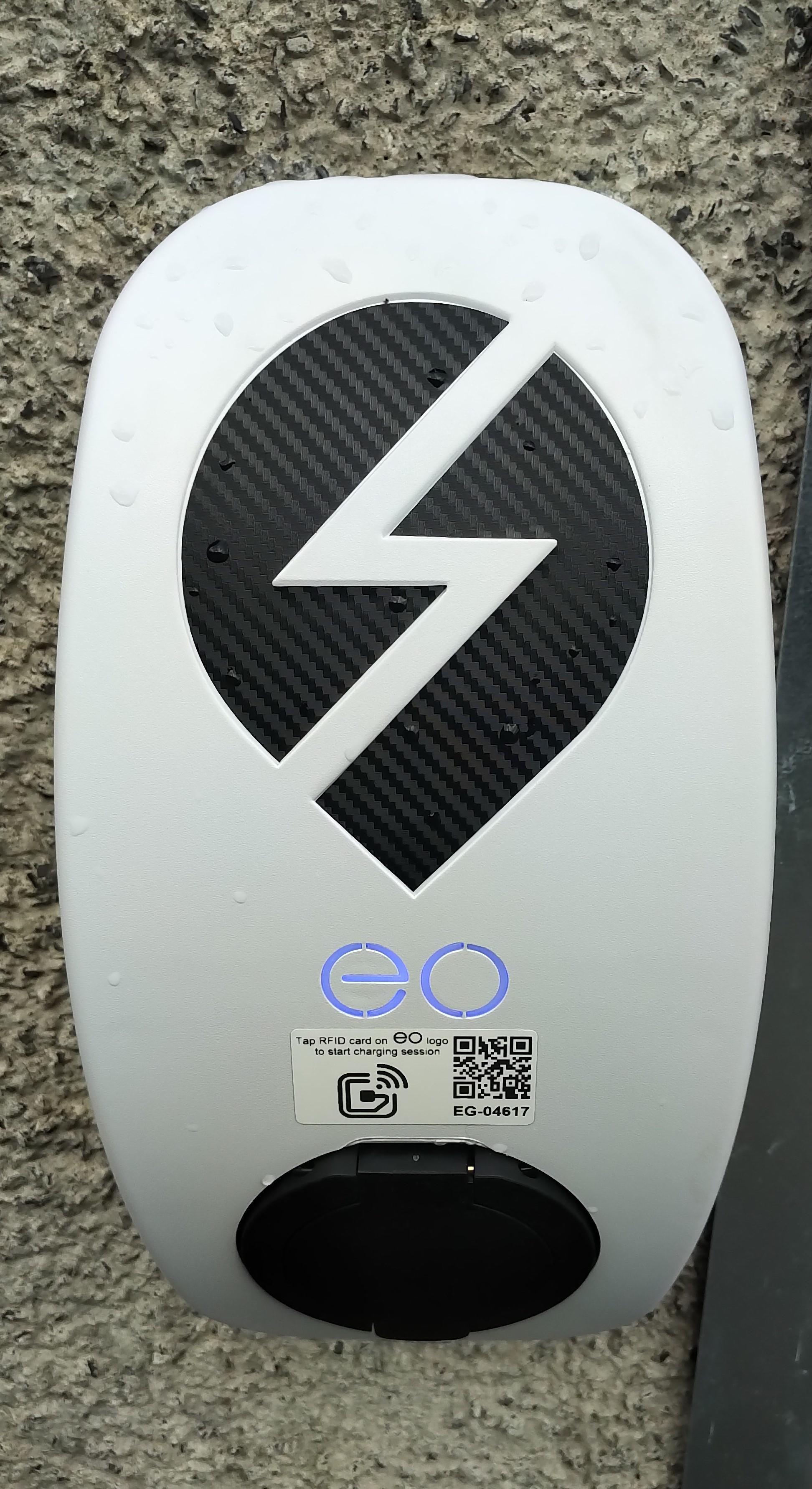
Domestic installations within the 26-Counties may qualify for a €300 grant towards the equipment and installation costs from the Sustainable Energy Authority of Ireland (SEAI). Click here for information about the SEAI home charger (sic) grant. You will receive the RECI (Safe Electric) Completion Certificate for the works along with the Test Record Sheet, and these will also be forwarded to RECI. This will be verified by the SEAI. No work may commence before the start date on your Letter of Offer from SEAI, otherwise this expenditure will be deemed ineligible and you will not receive grant support for it.
Eligibility requirements for the SEAI Electric Vehicle Home Charger Grant have been relaxed, with SEAI stating that "the grant is now open to homeowners to apply for a grant, whether they own an electric vehicle or not. This charge point can also be used for visitor use or at rented accommodation."
Please note that for new applications submitted from 1st January 2024 the maximum grant claim has been reduced to €300. However grant applications which were received before this date remain eligible for the previous €600 maximum grant claim.
On the other hand businesses within the State may be eligible to avail of the Accelerated Capital Allowance (ACA) tax incentive. If you are still unsure as to whether you qualify then you should seek assistance from your taxation adviser or from the Office of the Revenue Commissioners.
OLEV/OZEV Electric Vehicle Homecharge Scheme (EVHS) & Workplace Charging Scheme (WCS)
Walsh Electrical Services are also an Office for Low Emission Vehicles (OLEV) – also known as the Office for Zero Emission Vehicles (OZEV) – Authorised Installer for the UK Government's Electric Vehicle Homecharge Scheme (EVHS) and Workplace Charging Scheme (WCS). We are authorised to install eligible equipment including that manufactured by EO Charging; GARO; Wallbox; Project EV; Pod Point; Andersen EV; Simpson & Partners; myenergi Zappi & hub; Hypervolt, and other manufacturers under these schemes by OLEV. You will also receive an NICEIC or ECA Electrical Installation Certificate for the works. PEN (protective earthed neutral) fault protection can be provided where necessary to mitigate against the hazards arising out of a broken PEN conductor.
EVHS enables a household to claim a 75% grant towards a charge point installation, capped at £350. A second chargepoint can be claimed so long as you can evidence keepership of two eligible EVs.
WCS enables a company to claim a 75% grant towards each charge point installation, capped at £350 per chargepoint socket, and for a maximum of 40 units. These can be installed across multiple sites.
The grant amount is offset against the cost of installation, and we apply for a grant rebate from OLEV. You will be invoiced for the cost of the installation less the grant amount. The grant is subsequently paid directly to us by OLEV. The customer has certain duties including ensuring that they meet the qualifying criteria, helping us to fill in the application form by verifying that any information provided is correct, and providing any necessary documentation or information that we require. You are also obliged to inform us if your circumstances change prior to installation, as this may affect your grant eligibility.
These are now the EV Chargepoint Grant and EV Infrastructure Grant, as well as WCS.
Changes to EVHS
Please note the following information about changes to the OLEV EVHS scheme:
From April 2022, the EVHS will no longer be open to homeowners (including people with mortgages) who live in single-unit properties such as bungalows and detached, semi-detached or terraced housing.
Installations in single-unit properties need to be completed by 31 March 2022 and a claim submitted to the Driver and Vehicle Licensing Agency (DVLA) by 30 April 2022.
The scheme will remain open to:
- homeowners who live in flats
- people in rental accommodation (flats and single-use properties)
This has been renamed the EV Chargepoint Grant.
Book Your EV Charge Point Installation!
We cover primarily Derry and Donegal (including Buncrana and other parts of Inishowen, along with Letterkenny and the rest of the county); amd occasionally the wider North-West of Ireland (e.g. Sligo and Leitrim). Please note that our focus is on quality installations which are fully compliant with the relevant Rules/Regulations. This cannot be done cheaply. If you are looking for the cheapest possible installation then we are unable to cater for this as it would require us to compromise standards. These are high current devices which operate for long durations and electrical safety is our primary concern.
Contact us for enquiries or to book an installation!


